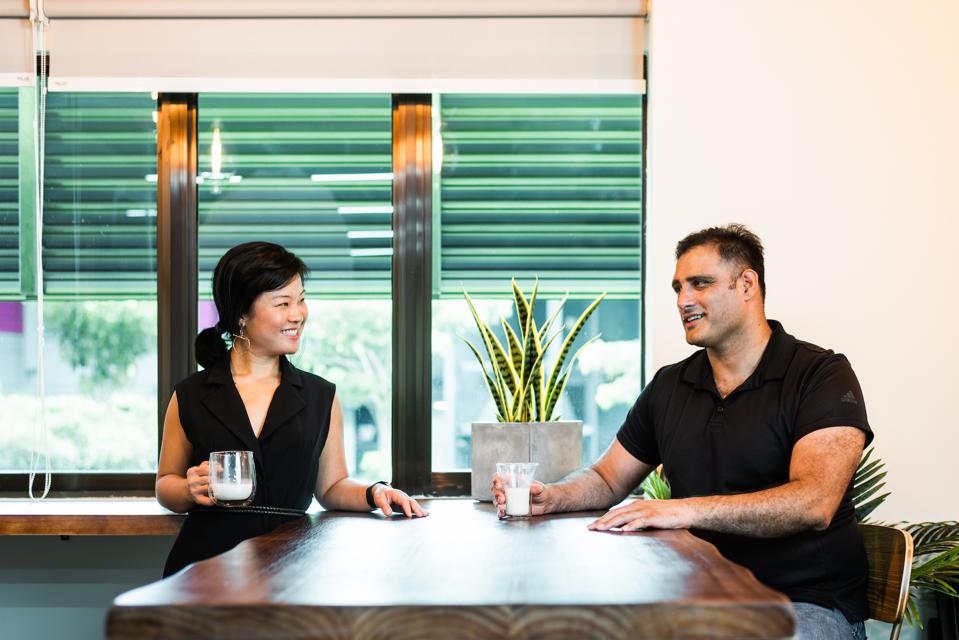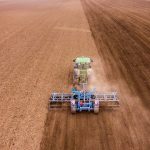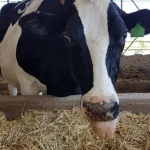
The move is enabled by TurtleTree’s recent $30 million series A fundraise, led by VERSO Capital, coupled with the firms’ previous $3.2 million and $6.2 million seed and pre-A funding, respectively.
TurtleTree, which is currently building a R&D and large-scale manufacturing facility in West Sacramento, California, says the newly raised capital will also fuel its continued development of IP technologies, research on new applications, and team expansion to include world-class scientists, product management and business development associates.
Leveraging its proprietary cellular technology, TurtleTree is currently able to create highly functional components naturally found in milk, including lactoferrin, human oligosaccharides (HMOs), and alpha-lactalbumin, all of which have been deemed natural according to the latest ISO standards in Asia.
Mounting Interest In Cultured Milk And Potential Exit
Citing higher efficiency and a more environmentally-friendly processing than the traditional $800 billion global dairy industry, cell-based milk is quickly amassing investor interest from both private and public sectors with Israel-based BioMilk recently becoming the world’s first cultured milk company to go public.
VERSO Capital, which has led TurtleTree’s latest round with $20 million, taking board membership of the company, will leverage its knowledge of corporate finance and operations to help the company validate its unit economics, and the overall business plan, according to managing partner Julien Machot.
Machot believes TurtleTree will become his merchant banking and financial services firm’s “most significant investment” in cell milk, and expects an exit in the next five to seven years.
“TurtleTree’s mission and operational plan appear to be much broader than the couple of existing competitors, who tend to limit their research to cell-based milk,” he said.
“It is a tech platform with a number of verticals — embracing the scientific advancement they are capable of, and developing commercial capabilities to support their large B2B partners and client accounts based on their particular requirements.”
Competitive Advantages
TurtleTree argues its advantages lie in its ability to produce naturally occurring ingredients found in human breast milk, including HMOs Lactoferrin, and Alpha-Lactalbumin; source a variety of mammalian cells; and its unique “B2B2C” business model that will allow it to scale faster than competitors in the same space.
“We start off the process by obtaining mammary gland cells from various sources, then multiply these cells, after which we put them in our in-house special lactation media — a liquid of various components that is naturally present in living mammals,” Max Rye, TurtleTree’s cofounder and chief strategist, explained. “The cells then convert this lactation media into milk.”
Rye noted how their upcoming B2B collaborations using its key ingredients and functional blends will span across infant formulas, sports performance, and nutraceuticals, and these product launches will be enabled by TurtleTree’s in-house microbial expression system.
“Our early target is to make use of our future microbial platform to produce milk ingredients. This method has been well accepted by the FDA for milk products from other companies,” Fengru Lin, TurtleTree’s founder and CEO, said.
“Cell-based milk is using cells from mammals to produce the full composition of milk,” Lin added. “This process would produce all more than 2000 components in milk, and even characterizing all of that, and working with the FDA takes time.
“We are working through that at the moment, but we envision this cell-based milk to commercialize in four to five years.”
Regulatory And Other Challenges
Regulatory framework across the globe for cell-based food is in the works as Singapore has recently become the first country in the world to legally sell cultured meat.
However, the main difference between these two products is cultured milk doesn’t contain cells in its end product, therefore, safety evaluations are solely based on biosimilarities between cultured milk and mammalian milk, according to Lin.
She noted: “Mammalian milk is currently the benchmark of milk composition and concentration of different components like protein, fats, and carbohydrates.
“In the U.S., FDA and USDA are working on establishing a regulatory framework for cell-based food. As for now, no country has approved the sales of cell-based bovine milk yet. However, a recent ISO standard in Asia deems that TurtleTree’s ingredients can be considered as natural.”
In addition to educating consumers, who widely perceive cultured foods as a novelty, about their safety and health benefits, TurtleTree says the biggest challenge for the sector is the high cost associated with the maturing cell culture medium technology.
“Instead of using pharmaceutical-grade components, we have been progressively synthesizing the components needed for the lactation media in-house, driving these costs down and in turn, allowing us to scale quicker,” Lin explained. “We are also working with contract manufacturing partners to help us on this front.”
Taking Market Share From Traditional Dairy
Moving forward, TurtleTree expects to carve out a significant share of the traditional dairy market, between 5-10%, and it plans to become “one of the biggest players” in the sustainable food industry, the company noted.
It said: “Turtles and trees symbolize longevity. We believe in the longevity of the earth, its creatures, and the people. In the long run, we envision TurtleTree to be on every food product as a renowned label for our nourishing ingredients and sustainable, innovative products.”

























